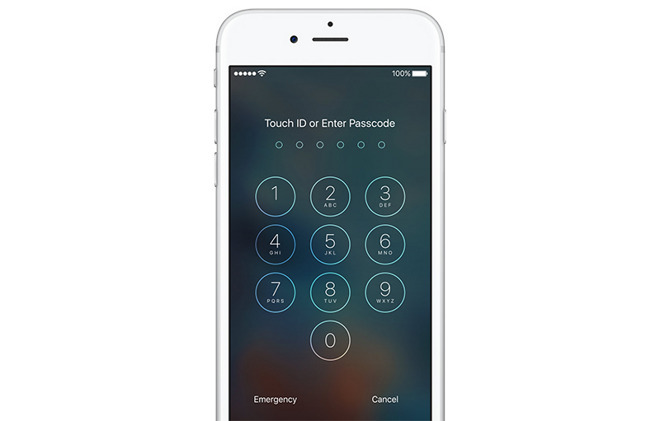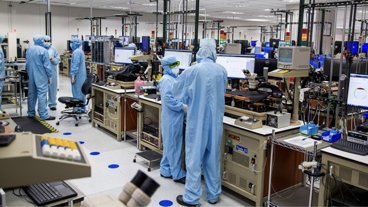The ongoing philosophical debate between Silicon Valley — with Apple at the forefront — and the federal government over encryption has split the American electorate in two distinct but equal camps, a new survey shows.
Some 47 percent of those polled are worried that the government may not go far enough to protect the country through surveillance, while 44 percent said they were concerned that the government would overstep its boundaries. The data was collected by the Wall Street Journal and NBC News from 1,200 registered voters between March 3 and March 6.
Republican voters favored the government's side 57 percent to 37 percent, while Democratic voters skewed in the opposite direction — 50 percent worried that the government would go too far, while 40 percent worried that they would not go far enough.
When asked if Apple should cooperate with the FBI's request, 42 percent answered yes while 47 percent said no. The remaining 11 percent were undecided.
Apple has received nearly unanimous support from Silicon Valley, with more than two dozen American technology firms signing amicus briefs backing the iPhone maker. A number of civil liberties groups, including the ACLU and EFF, have also stepped in on Apple's side.
 AppleInsider Staff
AppleInsider Staff








 Charles Martin
Charles Martin
 Marko Zivkovic
Marko Zivkovic
 Andrew Orr
Andrew Orr
 Amber Neely
Amber Neely

 William Gallagher and Mike Wuerthele
William Gallagher and Mike Wuerthele










29 Comments
There's no division. Any person properly educated on the issues would side with Apple. I've seen the brief questions for all these polls done regarding the FBI and Apple and they are so vague there's no way the people fully understand what's going on.
Or, put another way, People who can read side with Apple. People who can't side with the Feebs. Or... people who think building the Great Wall of Mexico side with the Feebs Or... people who think it's smart to attack people solely based on religion side with the Feebs Or... people who think it's fine for Halliburton to move its HQ to Dubai to avoid US tax and escape prosecution, while calling for a boycott of Apple...
Yes but this isn't an exclusively US issue and the real problem is how other countries would exploit a back door that the Feds insisted that Apple create. You don't think that if this happened in the US it would not then be used in every other country with an aggressively nosey government?
While it's nice to know, what the public thinks about this issue is not terribly relevant. It's not like the founding fathers (yes, they were 'fathers') went around polling people on which parts of the Bill of Rights they liked and which they did not.
Get into court and an Apple lawyer asks the FBI why they have not asked Google, Samsung, etc to do this. FBI answers, "Oh, those are easy to get data from." Result? iPhone sales skyrocket...